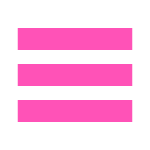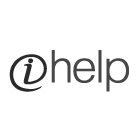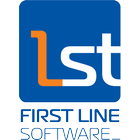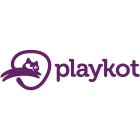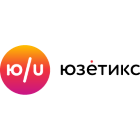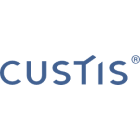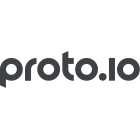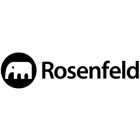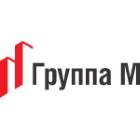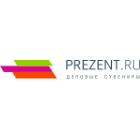Interview with Brian Pagán
Брайан Пэган, один из приглашённых спикеров ProfsoUX 18, ответил на несколько наших вопросов. Перевод интервью на Хабре.
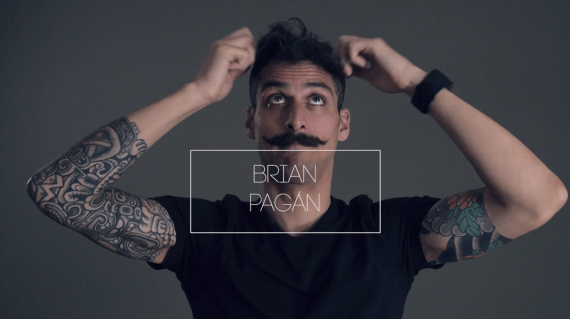
Image by BalansLab
We know you have education as an actor and psychologist. And how did you come to UX?
I’ve been interested in technology and human behavior since I was a kid.
When I was seven years old, I was programming in BASIC on my Commodore 64 computer (yes, I am that old). My favorite program I made was a character creator for Dungeons & Dragons. Being the nerd that I am, people fascinate me, because I have difficulty understanding them.
So while studying for my psychology degree, I worked as a graphic designer & web designer to pay the bills. When I finished my Master’s, I came across a poster for the User-System Interaction program in Eindhoven. It was the perfect opportunity to combine my love for technology and fascination with people. I’ve been hooked on UX ever since.
Do the skills in psychology and acting help you in your UX-related work?
Excellent question: yes, they help immensely!
Great products & services help people achieve a more ideal version of their lives. Starbucks helps me achieve a satisfying and ethical morning ritual. Fitbit helps me achieve a healthier, more comfortable body.
This means that, in order to make great products & services, we UX designers need to understand what kinds of guidance people need. I draw on psychology for the intellectual frameworks to deal with human cognition, and acting provides me with emotional techniques to gain insight into people’s feelings.
How did you come to starting your own company, The Greatness Studio?
The more I learn about the craft of acting, the more I realize how little we creators engage our emotions while working. But our superpowers come from when we engage intellectual strength together with our emotional strength.
Everyone who build products & services, whether a designer, developer, or engineer, is a creator and can use intellect and emotion to unlock their superpowers. So, I created The Greatness Studio to help people and teams design like superheros.
You often talk about honesty and ethics as one of the most important qualities of the UX-designer. Can you tell us a bit more about this? Which other qualities are needed to become a cool UX-pro, in your opinion?
Ah, I wrote a piece for UX Magazine about this. Great designers care about four things: People, Craft, Why, and Authenticity.
Caring about people helps us empathize with them to assist them with improving their lives. Caring about craft helps us pay attention to detail and spend the effort to make things better. Caring about why helps us step away from our own egos and apply our craft to solving real problems. And caring about authenticity helps us recognize our own vulnerability, so we can design to ease the vulnerability in others.
That’s why ethical design is so important. We work in industries like automotive, banking, and medical, so our work impacts people’s lives, including our own, in profound ways.
You worked a lot in some specific areas, for example medicine. In your experience, how deep do UX experts need to immerse themselves in domain specifics, when working on such projects?
There’s a tricky balance here for UX experts. On one hand, we have to know enough about a specific domain to make relevant decisions and not make deadly mistakes.
But on the other hand, our “ignorance” can lead us to look at problems with a fresh perspective. We can see solutions that domain experts don’t see, because we are free of the burden of knowledge that often narrows people’s perspectives.
Which prejudices of your customers you encounter most often in your work? How do you deal with them?
I’ve been fortunate enough to work with both corporate clients and startups on innovation projects, where we’re creating value propositions that don’t exist yet. It might be more of a bias than a prejudice, but I notice that people with a new idea tend to make big investments early in building the product, instead of making small investments to test whether they’re building the right product.
For example, I worked with an emerging business group at a health technology company on a mental health service. The group had been working for two years and had built a complete mobile app before testing it with potential customers and users.
Their testing revealed lots of things that weren’t working. So after all that time and money, we redesigned the concept from almost scratch. So when I started working on the project, the design team and I built some cheap digital and paper prototypes that our research team tested with potential users.
Those fast and inexpensive prototypes showed us what we were doing wrong and allowed us to make improvements to the concept without having to write any production code. So in under two months, we had a validated product vision that our whole team, including developers and business stakeholders, could start working on.
What trends have you noticed in the User Experience recently? Is there something especially promising? Or something that you really like?
It’s an exciting time, and there are lots of things going on in UX that I’m happy to see!
More designers are aware of privacy and ethics. People are embracing emotional design more than ever. The idea of DesignOps excites me too: when designers and engineers collaborate closely, real magic happens.
I’m learning about universal design and accessibility at the moment. It’s inspiring for me to balance focus on the “right” people, while making sure a product or service is accessible to as many people as can benefit from it.
At ProfsoUX you will conduct a talk and a workshop about designing habits. Which applications or services became your habits?
Oh, another good one! I use a Fitbit to track my activity, sleep, and heartrate. I use MyFitnessPal to track what I eat and an app called Zero to track my intermittent fasting.
Oak, The Mindfulness App, and Headspace help me meditate, but I openly admit my unhealthy addiction to 9gag and Facebook.
Do you think the HOOK model will be 100% suitable for users from Russia, or maybe some aspects need to be reviewed and adopted somehow to fit local mentality?
The HOOK model is a framework of human habits, so I understand that the principles apply to all humans. However, the way we apply the framework needs to be tailored to each different context.
When we’re designing things to help people build habits, I think it’s important to understand the obstacles those people face, the beliefs that hold them back, and what makes your product or service meaningful for them.
Is this your first trip to Russia? How do you feel about the upcoming trip?
Yes, it’s my first trip to Russia, and I feel excited! I’ve heard excellent things about Санкт-Петербу́рг, so I’m looking forward to finally see the city for myself.
Спасибо!
Ссылки по теме
Регистрация на мастер-класс Брайана
Описание мастер-класса «Проектируем привычки»

